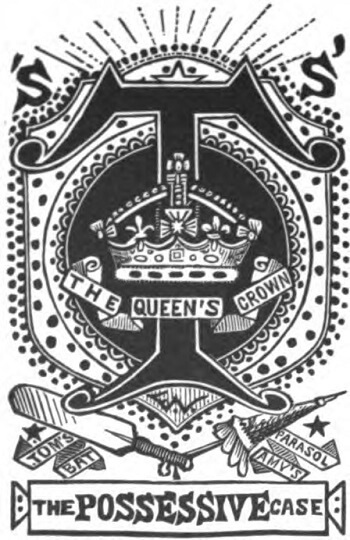Activity - Week 1: PARSE THE STORY
Examine the beginning of Serjeant Parsing's Story and add up the Parts-of-Speech. Who wins Part I?
THE SAD FATE OF OUR SQUIRREL - PART I
- Once, when I was walking in the garden, I found a young squirrel on the ground at the foot of a tall tree.
- It had fallen from the nest.
- I took the little soft warm creature in my hand, and I carried it carefully into the house.
- There we fed it with warm milk, and it quickly revived.
- It soon sat up, with its pretty curly tail over its back, and then it rubbed its nose with its paws.
- It had fallen from the nest.
Activity - Week 2: PARSE THE STORY CONCLUSION
Examine the conclusion of Serjeant Parsing's Story and add up the Parts-of-Speech. Who wins the conclusion, and who wins overall?
THE SAD FATE OF OUR SQUIRREL - CONCLUSION
- It seemed to look to me as if it knew me for a friend.
- When night came, I made a soft bed for it beside me, and it slept cozily.
- In the morning, I took it to my cousin. 'It wants breakfast,' she said; 'I will warm some milk for it in my doll's saucepan.'
- So she boiled some milk in a little green saucepan, and we fed our pet.
- 'Ah!' I cried, 'is it ill? It is struggling as if it were in pain.'
- We tried to warm it, and we gave it another spoonful of milk; but, alas! the poor little creature gave a pitiful moan, and we soon saw that it was dead.
- The green paint on the doll's saucepan was poisonous, and we had killed our little squirrel while it was lying in our arms.
 Grammar-Land
Grammar-Land
Grammar-Land
Grammar-Land


 Grammar-Land
Grammar-Land
Grammar-Land
Grammar-Land
